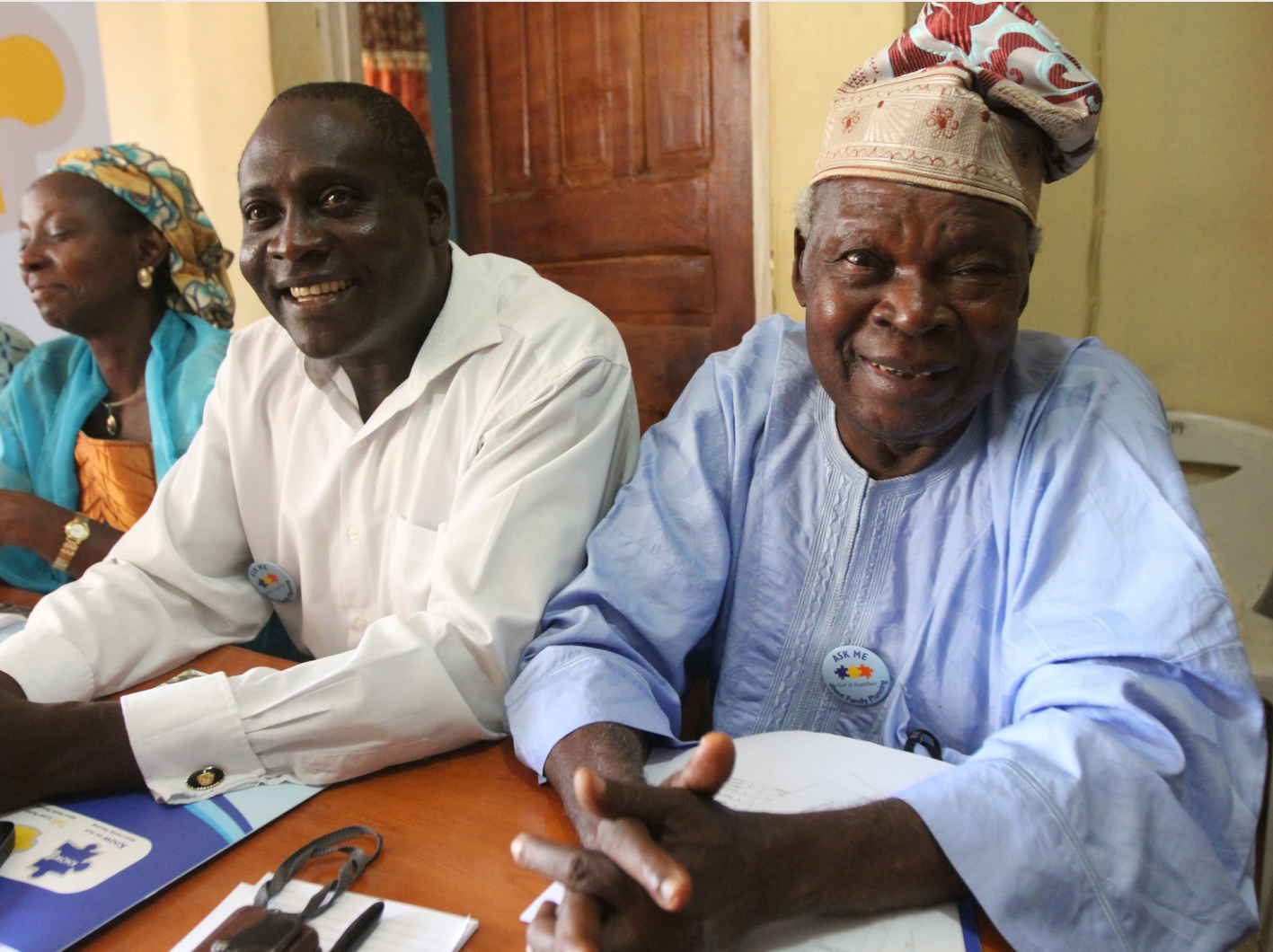Given the recent Ebola outbreaks in Guinea and the Democratic Republic of Congo, the Johns Hopkins Center for Communication Programs is reactivating its dormant Ebola Communication Network website, an online collection of resources designed to help contain the deadly disease.
As global health experts were faced with the rapid spread of the Ebola virus in West Africa in 2014, USAID and other partners funded the online resource as a way to quickly make available Ebola-related social and behavior change communication materials, as well as other resources and tools needed to control the outbreak. Now, the site has been relaunched to include new materials including information on the Ebola vaccine, which didn’t exist in 2014.
“The collection of resources on the Ebola Communication Network is unique and was widely accessed during the 2014 Ebola outbreak and serves as a historical repository of resources, tools and materials, most of which are still relevant in light of today’s outbreaks,” says CCP’s Jane Brown, deputy director of the Breakthrough ACTION project, which has relaunched the network. “By reactivating the Ebola Communication Network, it will help countries like Guinea with their efforts to contain the disease, and surrounding countries to mount efforts to make sure it does not spread to their communities.”
Social and behavior change and risk communication approaches, which are highlighted across the site, are a vital part of an emergency response that depends on behavior change or shifts in norms at the individual, household and community levels.
The site, which was originally created under CCP’s Health Communication Capacity Collaborative (HC3) project, has been dormant for the last several years following the end of the West Africa outbreak. In the largest outbreak in history, more than 28,600 people were sickened by the Ebola virus and more than 11,300 deaths were reported in Guinea, Liberia and Sierra Leone between 2014 and 2016.
In the current outbreak in Guinea’s N’Zérékoré prefecture, there have been 16 confirmed cases, seven probable cases and 12 deaths as of April 6. Meanwhile, 5,125 people have been vaccinated. The DRC has had a number of Ebola outbreaks in recent years. Ebola is spread by direct contact with blood or other body fluids of an infected person who has symptoms of Ebola Virus Disease or who has recently died from Ebola. While it is less contagious than COVID-19, it is far deadlier.
Starting in February, Breakthrough ACTION and its partners in Guinea developed a television program with experts on Ebola and an interactive radio show where people can ask questions in six local languages and are developing new activities in response to the evolving situation in the region located near Guinea’s borders with Côte d’Ivoire, Sierra Leone and Liberia. Breakthrough ACTION has also helped get the word out about Ebola vaccination campaigns.
The CCP-led Breakthrough ACTION project is beginning to conduct Ebola-related work in five additional countries: Côte d’Ivoire, Liberia, Mali, Senegal and Sierra Leone.
The Ebola Communication Network was the first of its kind for an emerging disease, but its success as a one-stop shop for communication resources led to the creation of the Zika Communication Network and later the COVID-19 Communication Network. The COVID-19 Communication Network has had more than 32,000 visitors from 188 countries since the end of April 2020, when the site was launched.
CCP’s experiences with those led to a new and improved Ebola Communication Network for 2021. Among the newer resources are more social media materials as those communication channels have grown much more important since the mid-2010s.
The website contains not only CCP materials but from many other organizations as well.
Given the constraints put on in-person community engagement during the COVID-19 pandemic, having these materials on hand will prove even more valuable to crisis communicators during the current outbreak.
“It’s important that we are able to provide the materials necessary to mobilize quickly to prevent a major outbreak,” says CCP’s Bronwyn Pearce. “In this context, where it’s difficult to go out and produce new content and resources, it’s important that people have good-quality resources at their fingertips.”





